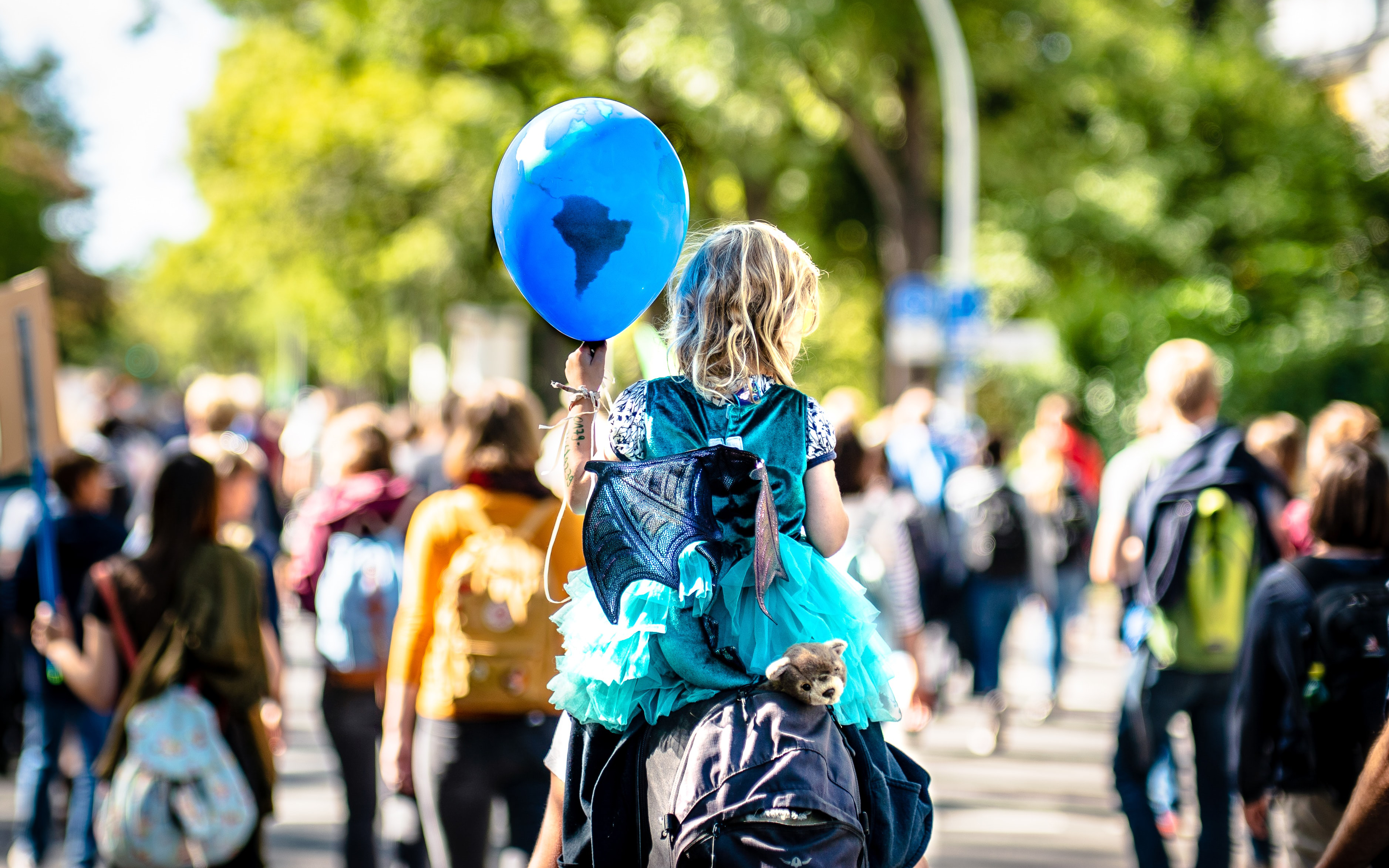
The Kids Research Institute Australia supports calls from the Intergovernmental Panel on Climate Change (IPCC) for transformational action if we are to secure a liveable future.
The Kids Research Institute Australia Director Professor Jonathan Carapetis said the Institute was committed to deepening its research and advocacy related to the health impacts of climate change.
“Work by our own researchers, like that of so many others around the world, points increasingly to the heavy burden that will be borne by children, families and vulnerable communities as climate change worsens,” Professor Carapetis said.
“We know that climate change can lead to poor lung health, higher rates of preterm and stillbirth due to higher temperatures and heatwaves, higher rates of skin infections, and our ability to enjoy and experience the natural environment – leading to lower rates of health-supporting physical activity.
“Similarly, the IPCC report released this week highlights that children and people in disadvantaged areas are among those most at risk from the consequences of climate change – whether through water scarcity, malnutrition, severe heatwaves and weather events, or rising sea levels and pollution.
As a research institute committed to giving kids and families the best shot at a happy, healthy life, we aim to build robust evidence for us to understand and anticipate these risks, and to help governments to make data-informed decisions.
“That includes listening closely to the knowledge and wisdom of First Nations peoples and working with them on novel solutions that can not only help to reduce emissions and global warming, but address inequities and improve community health and resilience to climate change.”
The Kids Research Institute Australia is already active in advocacy, submissions to government and research into the health impacts of climate change. Research already under way includes:
- Associate Professor Alex Larcombe is investigating the impact of air pollution and long-term exposure to predicted higher CO2 levels on health. In two studies published last year, he and fellow researchers found that exposure to approximately 900ppm of CO2 had direct impacts on growth, behaviour, lung structure and function in mice who lived in that environment throughout pregnancy, early life and into adulthood.
- Dr Brad Farrant is the WA lead of a national research network – Healthy Environments and Lives (HEAL) – that will bring Aboriginal and Torres Strait Islander knowledge and science together with western science to address climate and other environmental change and its impacts on health. The network – whose WA arm also includes Uncle Noel Nannup, Professor Susan Prescott, Associate Professor Alex Larcombe, Dr Shelley Gorman and Professor Peter Le Souëf – will address many of the challenges highlighted by the latest IPCC report, including bushfires, air, soil and water pollution, food security, biosecurity, heatwaves and other extreme events.
- Dr Farrant and The Kids Research Institute Australia Aboriginal cultural advisor Mara West are also involved in research looking at climate change impacts on the mental health and wellbeing of children and young people, working with young climate activists and other researchers to better understand the responses needed in order to better support children and young people affected by climate change.
- Dr Ha Nguyen and Associate Professor Francis Mitrou are researching the impact of weather conditions on child development. This includes using longitudinal cohort studies to investigate how climate-related events, including heatwaves, cyclones, floods, and bushfires, affect the time allocation and subsequent physical, social, and cognitive outcomes of children and their families.
Professor Carapetis said there were many more projects where researchers were investigating the health and environmental impacts of climate change or incorporating climate health into their existing work, however there was an urgent need for more government-funded research.
“This kind of work can help us to prepare for and cope with the impacts of climate change – but will only be beneficial if governments actually act on the evidence to undertake the kind of transformational change so desperately needed,” he said.
Climate change is the biggest global health threat of our time, with vast implications for the physical, mental, social, cultural and spiritual health and wellbeing of future generations.
“Children and young people are particularly vulnerable to the impacts of climate change. We all need to think more broadly and creatively about how we can do our part to support them.”
